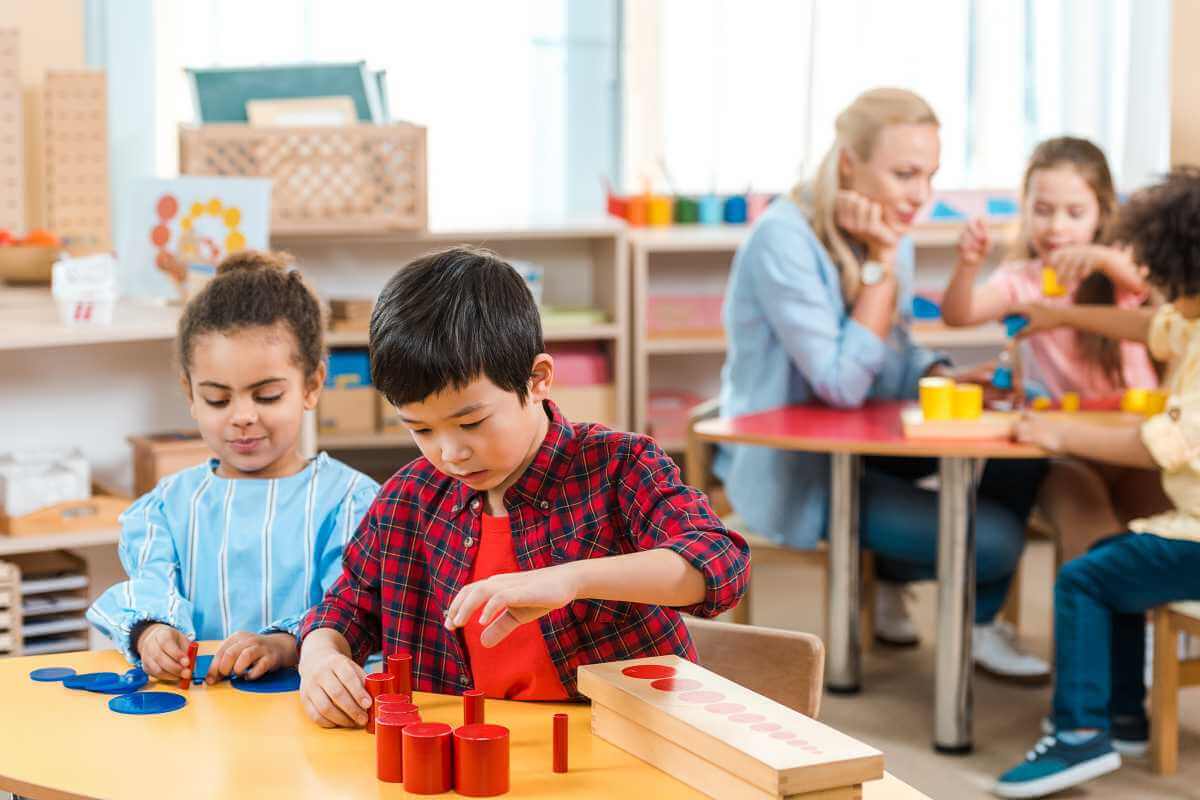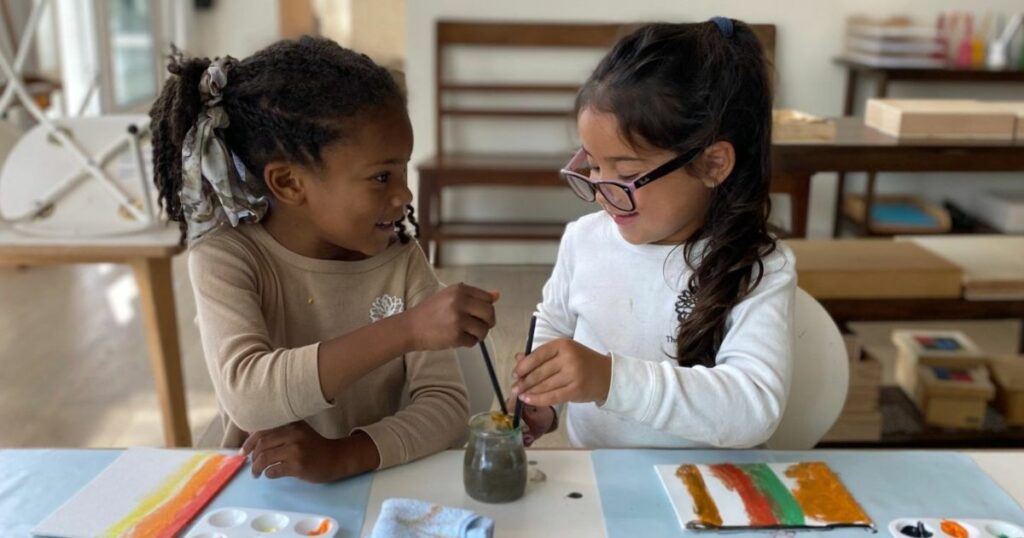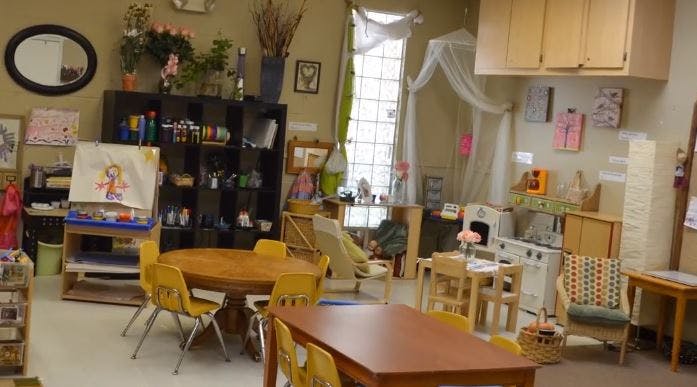Learning principles that are taught at critical early stages of life can have long-term positive effects. Let’s look at how Montessori schools prepare children for lifelong learning.

Montessori Education Principles:
Maria Montessori founded her first Casa Dei Bambini (Children’s House) on the premise that all children are entitled to an equal education. Montessori discovered that a dynamic learning environment was crucial for developing independent thinkers through her extensive work with children from all social backgrounds. This method became known as The Montessori Method, and it can be summed up with a few key educational foundations.
Respect for the Child
The Montessori Method is founded on the concept of creating an environment in which the child feels respected. The golden rule begins to develop at a young age by communicating with and showing respect for the child. Montessori classrooms instill respect for oneself, respect for peers, and respect for teachers. It instills respect for all people and all environments, which can be used in all classrooms and throughout one’s life.
Dynamic Learning Environment
Montessori learning environments are filled with countless activities and equipment that spark students’ interest in different mediums. Instead of just paper and pencil, this variety of learning tools allows young minds to grow through activities they already enjoy. More children will associate the classroom, and learning in general, as a positive experience if learning exercises that explore different cognitive and critical learning habits are provided.

Classroom with multi-age groups:
A Montessori environment, like most of our daily lives, involves mixed-age interaction. It encourages older children to take on leadership roles and encourages information sharing between age groups. This skill set is applicable far beyond Montessori classrooms. Building the concept of leadership and peer mentorship is an important skill to have during adolescent education and in the workplace.
Independent Learning:
Children at Montessori Academies are not only allowed but encouraged, to solve problems on their own or in small groups without the supervision of a teacher. While teachers are always available as resources, the goal is to promote freedom and independence in learning. The benefits of learning independent problem-solving at a young age can undeniably be applied to later-life learning.
Incredible teachers:
- Maria Montessori believed that adults could learn a lot from children and that education should not be a one-way street from teachers to students. Montessori teachers are certified by Montessori associations and are taught how to apply Montessori theory in the classroom.
- Before directing new activities or lessons, the Montessori teacher allows children to work out problems independently and assesses each child’s personal development. As we get older, we get less guidance in traditional learning institutions. This Montessori teaching method, when applied to younger children, has a long-term impact on how they grow and learn independently.

Lasting effects of Montessori Education
- The Montessori Method encourages the development of all types of young learners- whether they become a mathematician, a mechanic, or a musician- thus contributes to life-long success. According to studies, the environmental elements of a Montessori classroom provide long-term benefits in developing fine-motor skills and increasing attention span.
- Developing intrinsic motivation is a core component of Montessori education. Allowing children to feel accomplished simply by the act of learning, rather than external rewards, lays the groundwork for future success. The goal is to instill a love of learning in children.
Lifelong Values
Montessori techniques and methods are based on values that can be applied to all aspects of life. Regardless of how long your child attends a Montessori Academy, the values they learn can have a long-term impact on how they learn and interpret the world.
Montessori classrooms instill the following values in young learners and as a child grows; please have a look:
- Respect for oneself, one’s peers, and one’s teachers
- Respect for environment
- Within limits, independence, and freedom
- Self-motivation and self-discipline
- Knowledge is valued
- A lifelong desire to learn
Final thoughts:
It is never too early or too late to enroll your child in a Montessori school. The reinforced learning foundations extend beyond the classroom. More important than a curriculum or a specific topic is your child’s ability to use independent problem-solving skills. Montessori education puts a focus on leadership, respectful interaction, and independent thought. These are all philosophies that can be applied to other stages of life, from elementary to high school, university, and adulthood. Enroll your child in a learning center that will aid in their development and have a long-term impact on their life.






